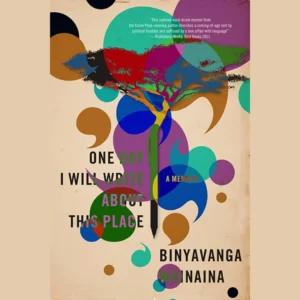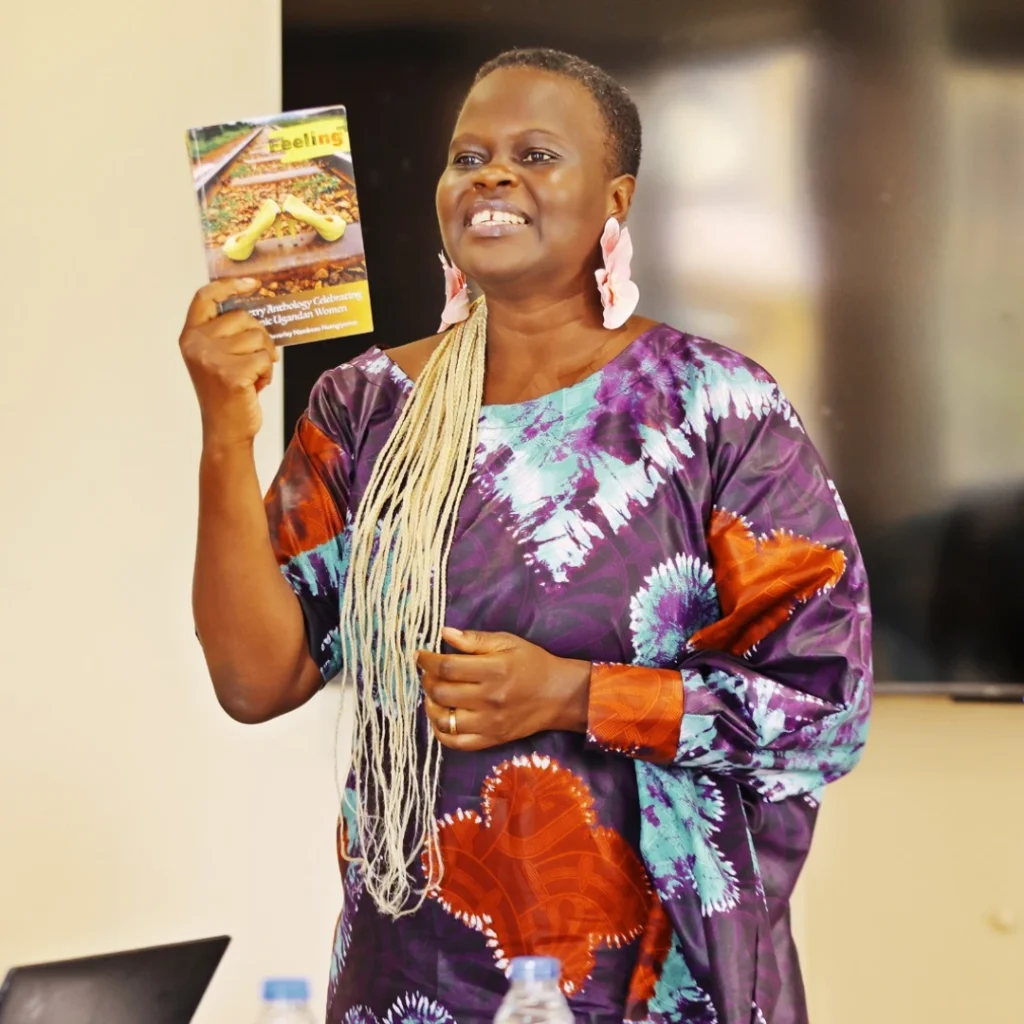
I first met Binyavanga Wainaina – The Binj – in 2006.
Coming from a conservative section of Ugandan society, where discussing kissing and sex in stories caused moral outrage, meeting Binyavanga was essential for my growth as a writer. Thanks to FEMRITE, who appointed me as their Ambassador to a writers’ retreat in Kenya, I attended with Maggie Aduto and Joanita Wandera.
I sat on a log in Lukenya, watching the fire dance, casting shadows, and inviting me into its mystery. The voice was unmistakable – gruff, confident, and alluring. Each word was deliberate and unapologetic.
I walked towards the sound and found Binyavanga, surrounded by a small crowd. He wore white, and he was animated as he spoke. He was The Binj. When he invited us to read our poems, my light matched the growing fire when, after reading my poem “Al Qaeda,” Binyavanga said, “What a poem! It has to be published in Kwani?” That same energy and interest carried through when I read his memoir, “One Day I Will Write About This Place.”
Binyavanga’s memoir is a story of many faces, characters, and places, but it reflects one personality: his insatiable desire to learn, grow, travel, and learn more. His eagerness is evident on every page, much like a child on their first trip or an employee with their first salary.
His journey spans from Kenya to South Africa, England, the U.S., Uganda, and many other places, with his siblings, parents, and friends sharing the ride. This memoir captures the politics, beauty, and realities of writing as an African, highlighting the power of persistence and proper mentorship for writers. It also touches on how geographical and educational landscapes shape our journeys as writers and emphasizes knowing which areas to invest our time in and which to walk away from.
Born in Kenya to a Ugandan mother from Kisoro, Binyavanga’s multicultural background led to fascinating journeys where languages became politicized, and presidential elections were deeply personal, alongside a yearning for meaning beyond tribe, surnames, and pronunciations of things. Caught between two countries with deep political and economic roots in history, colonialism, and power, Binyavanga’s memoir highlights a citizen navigating the chaos of East Africa while capturing its beauty.
Binyavanga was consumed by writing, reading, and learning. His writing talent became obvious in school, much to the consternation of some teachers, propelling him to lay a foundation for himself and for writers in Kenya and Africa.
He established the Kwani Trust, coordinated literary festivals, and participated in numerous panel discussions, interviews, and anthologies worldwide. Binyavanga became a household name, and his friends will tell you he was impossible to forget. His essays and outspoken messages sparked hearty discussions across the globe.

